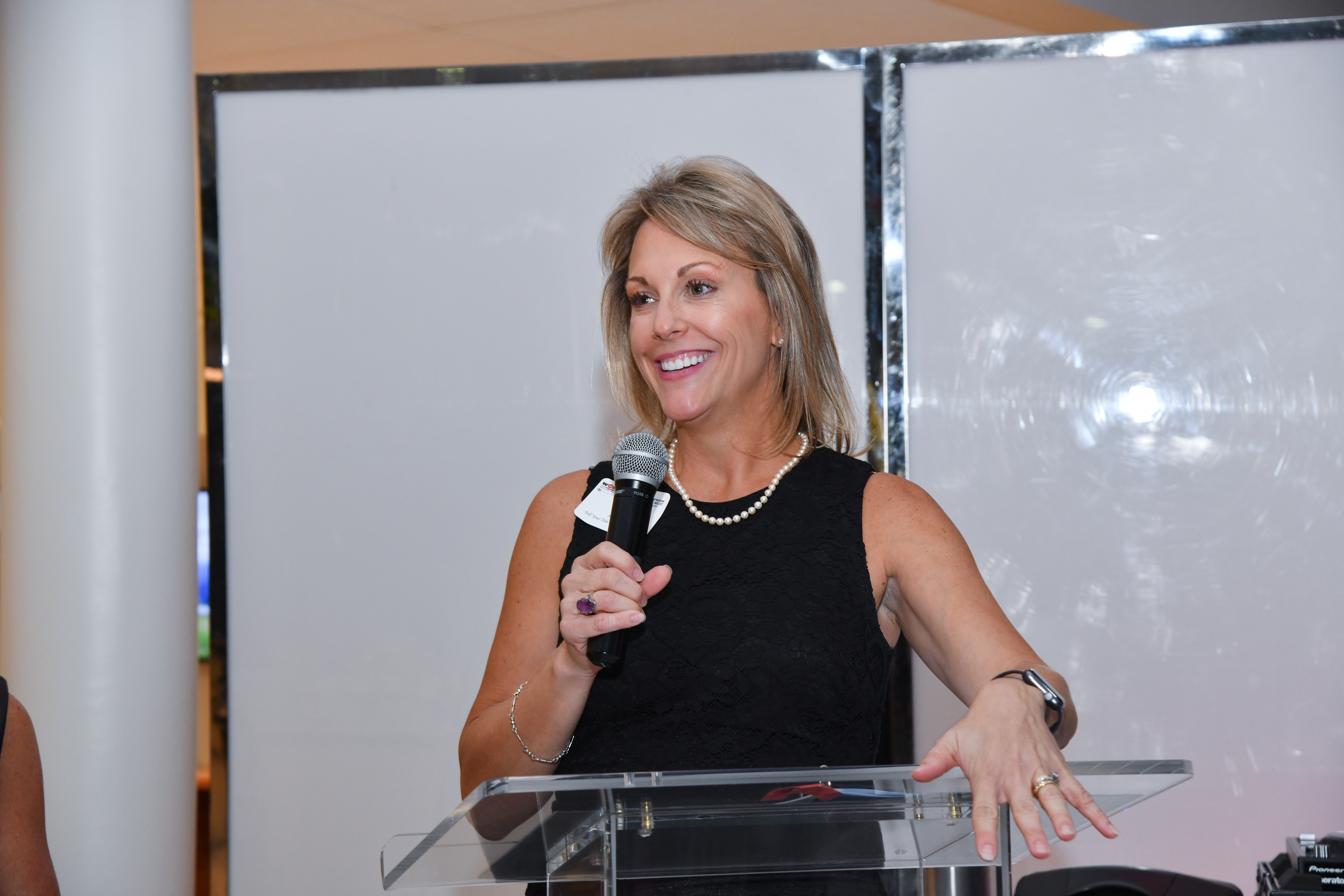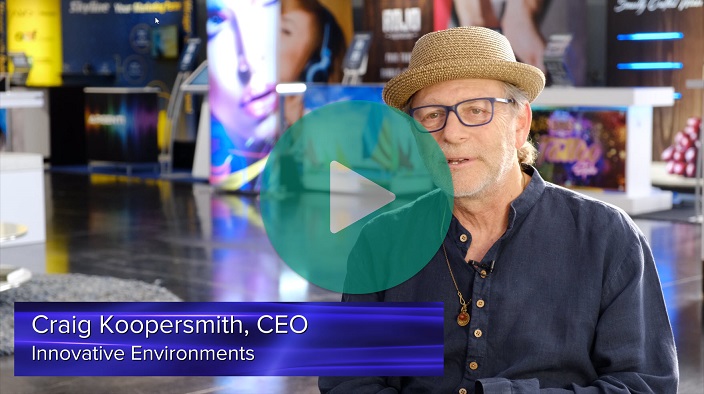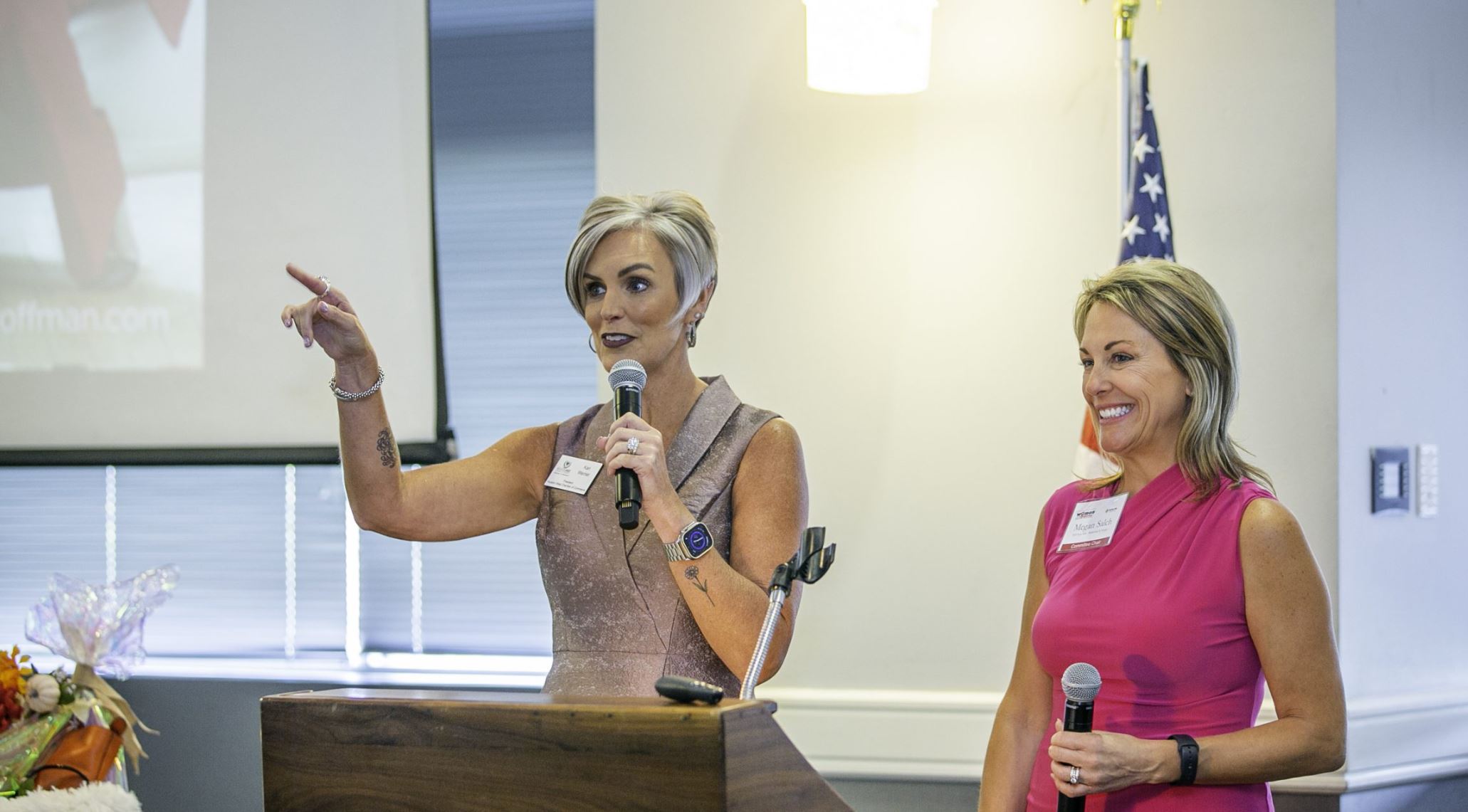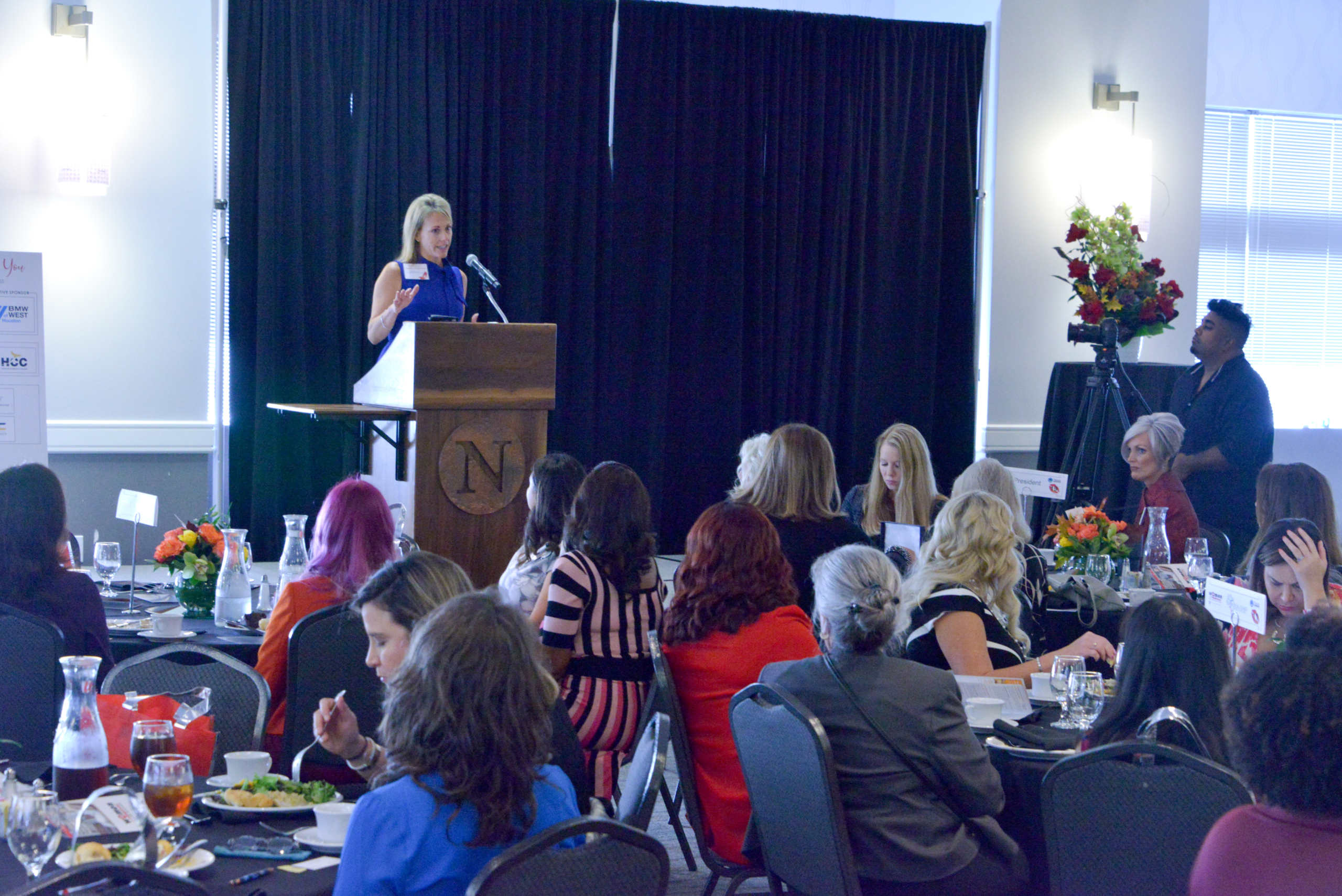Summary
This post shares tips for starting a career in public speaking, common mistakes to avoid and how to get started.

As marketers, we are frequently asked by clients to help improve their speaking skills and secure speaking engagements. It’s not as easy as it looks from the audience and there’s documentation to back up a statistic that we’ve heard previously. “Overall, fear of public speaking is America’s biggest phobia – 25.3 percent say they fear speaking in front of a crowd,” according to The Washington Post. So how can future presenters get started? We’ll cover important considerations for a speaking career or hobby, tips to get started and even common mistakes to avoid in public speaking.
In the beginning…
- Identify your niche. Determine the topics you are passionate about and have expertise in. This will help you establish yourself as an authority in your field.
- Draft a presentation that you can use as a customizable springboard. Take time early on to think through the topics you want to speak on and then have those ready “in the can”. Then as your speaking engagements are booked, tailor the presentation to truly resonate with the audience.
- Public speaking is a skill that can be improved with practice. Take every opportunity to speak in front of an audience, whether it’s a small group or a large crowd. While some entities will have budgets to pay for speakers, those opportunities typically require evidence of your speaking skills (more on that later) and as a beginner, you may not have the experience, testimonials or videos of your presentations. Take advantage of free gigs until you build your war chest.
- Join a public speaking group. Consider joining a public speaking group, such as Toastmasters, to improve your skills and gain confidence. Many of these groups offer great coaching from others interested in speaking publicly, who will guide and encourage you.
 Create a portfolio to showcase your abilities to potential clients. In this digital kit, feature:
Create a portfolio to showcase your abilities to potential clients. In this digital kit, feature:
- your headshot photo,
- photo of you presenting,
- a URL or QR code where organizations can see videos of you presenting, demonstrating your speaking style and ability to engage an audience (example at right),
- a speaker one-pager that summarizes your speaking topics, biography, and contact information, and
- testimonials from audience members or leaders who engaged you.
- Network: Attend events and conferences in your field to meet other professionals and potential clients. Networking is important to raise your visibility and build your contact list of prospects. This said, don’t focus on gathering as many business cards as you can but rather aim to have meaningful conversations with the other attendees. Connecting with intentionality is critical to building worthwhile relationships that could lead to speaking engagements (or other possibilities).
These are just a few suggestions to get you started. Remember, everyone’s journey is different, so don’t be afraid to forge your own path and try new things.
Common Mistakes While Speaking in Public
Now, let’s delve into some common mistakes to avoid when public speaking.
- Not preparing enough: It’s important to know your material and practice your delivery to ensure a smooth and confident presentation. Practice in front of a mirror, with a loved one or even record yourself presenting so you can review what you did well and where you can improve.
- Reading from notes: Relying too heavily on notes can make you appear unprepared and unengaged with your audience. Try to memorize your key points and use notes as backup.
- Speaking too fast: Nervousness can cause people to speak too quickly, making it difficult for your audience to follow along. Take deep breaths and speak at a measured pace.
- Not making eye contact: Eye contact helps to establish a connection with your audience and keep them engaged. Make an effort to look at different members of the audience throughout your speech—from those on the front row to guests in the back.
- Ignoring body language: Your body language can convey confidence or nervousness to your audience. Stand up straight, use some gestures to emphasize points, and avoid fidgeting or pacing. Do a web search for a speaker on your same topic and take note of what you pick up from their body language and delivery style. What do you want to adapt or avoid?
Securing Speaking Engagements
So you’ve prepared for speaking opportunities and have perhaps even delivered some presentations on a smaller scale. How can you go about creating a list of organizations that will engage you? First, identify your target audience and determine the type of organizations that would be interested in your speaking topics and expertise. Are there professional associations aligned with that topic or industry? Research these organizations using online resources, such as industry associations, directories, and social media. Attending events and conferences in your field opens you to many speaking gigs. Event planners often book speakers 6-12 months in advance so attending a conference this year can be indicative of what next year’s event will look like and even give you insight into who is doing the planning.
Ask friends and colleagues for referrals and introductions to organizations that might be interested in your speaking services. You may be surprised at who they know or fresh ideas they can offer.
Public speaking is an important skill for professionals for several reasons. For instance, effective public speaking can help professionals stand out in their field, demonstrate their expertise, and advance their careers. It’s also a key leadership skill, helping to communicate their vision, inspire others, and lead teams effectively.
As we covered earlier, public speaking provides opportunities for professionals to expand their network, meet new people, and form valuable connections. Additionally, it’s a good tool for personal development as it builds confidence, improves communication skills, and even helps overcome fears.

Above: Kari Werner, president of the Houston West Chamber, and Megan F. Salch, president of Tell Your Tale Marketing, present
Timing
The best time of year to pitch a public speaker can vary depending on the industry and the event calendar. Many industries have peak seasons for conferences and events, and it can be beneficial to pitch a public speaker several months in advance of these busy periods. Additionally, some organizations greatly reduce the number of events they host in the summer when many are traveling. Still, you can get started at any point to develop a busy speaker schedule in the future.
Of course, you can always rely on Tell Your Tale Marketing to create your speaker portfolio, spruce up your slides or presentation materials and pitch you as an dynamic presenter. Contact us today for more information.




Leave A Comment